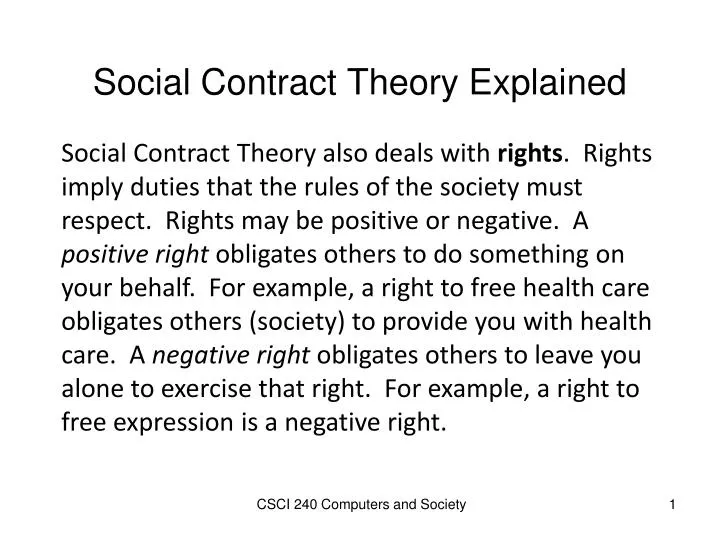

Suddenly, these kind of puzzling things about autism slotted in and made sense.” “Before that, we really just had this notion that autistic people weren’t very interested in social stuff. The proposed theory seemed to explain social difficulties in autism, as well as why autistic people tend not to lie or keep secrets, says Francesca Happé, professor of cognitive neuroscience at King’s College London. “It was really a captivating idea,” says Noah Sasson, professor of psychology at the University of Texas at Dallas, who studies social interactions in autism. “Suddenly, these kind of puzzling things about autism slotted in and made sense.” Francesca Happé By contrast, most of the autistic children they assessed, including those older than 4, could not answer correctly, suggesting the difficulty was somehow specific to autism. The children understand that Sally holds a ‘false belief’: She does not know that Anne has moved her marble. But, she says, the field might not be finished with the theory after all.īy age 4, most non-autistic children and those with Down syndrome can answer correctly that Sally will look in the basket, Frith and her colleagues found. “People thought it was all done and dusted,” says Uta Frith, emeritus professor of cognitive development at University College London in the United Kingdom, and one of the first to show that autistic people perform poorly on standard theory of mind tasks. Over the past decade or so, though, theory of mind has attracted new interest from scientists who say that some aspects of the original concept, if not all of it, may still be relevant to autism.

But eventually, many came to view it as passé, and it was largely abandoned. Some researchers went so far as to assert that it explained everything about autism. Originally proposed in 1985, the theory steadily gained attention from the research community into the 1990s. One such example is the notion that autistic people have difficulty with ‘ theory of mind,’ the ability to understand other people’s thoughts and emotions. New discoveries can redirect theories or derail them completely - and even disproven ideas are sometimes resurrected in new forms.


 0 kommentar(er)
0 kommentar(er)
